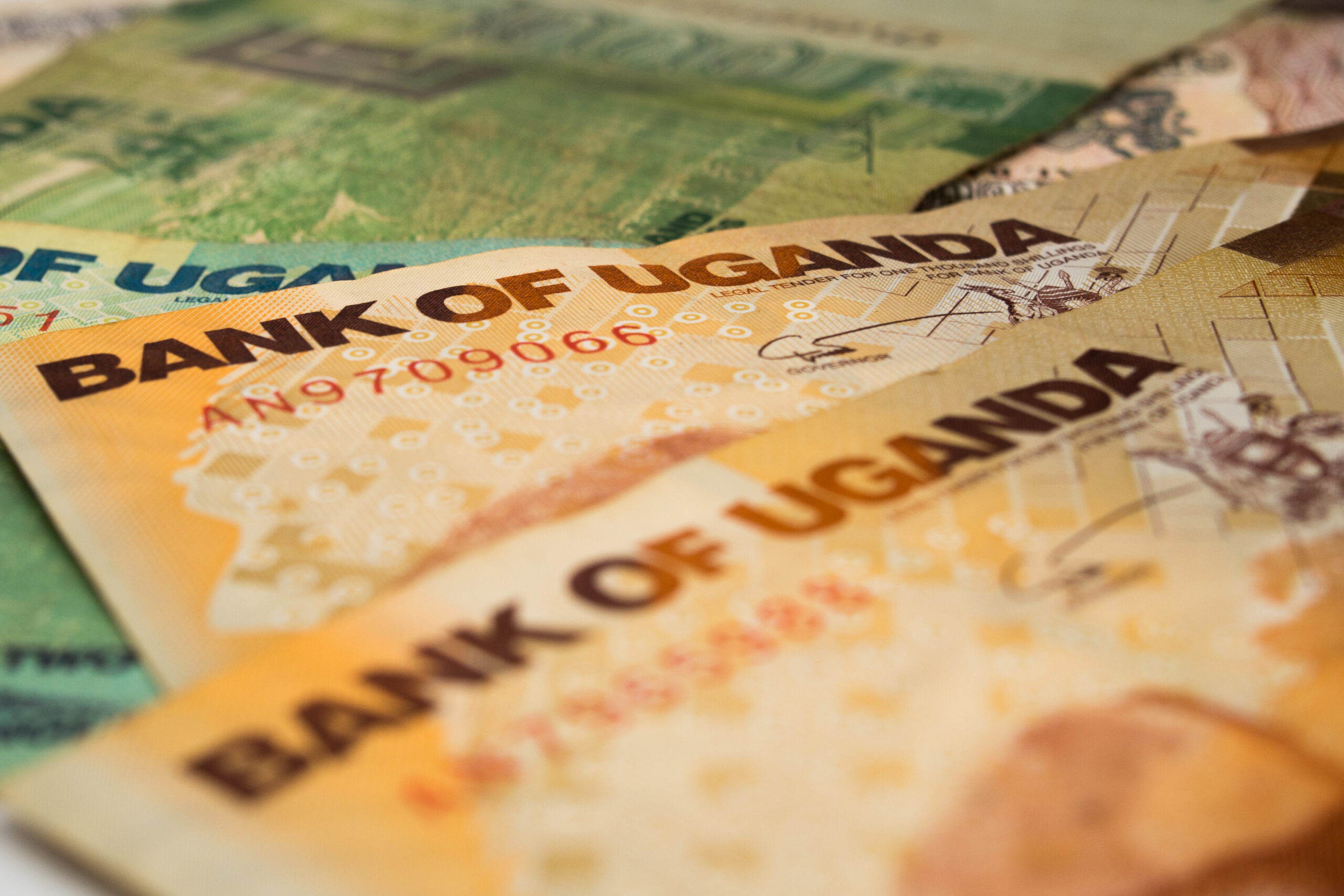
Ugandan banks slash fees as COVID-19 cases climb to nine

Financial service providers in Uganda are reducing their charges to enable their clients to cope with the COVID-19 pandemic that is expected to hit the country’s economy hard.
Stanbic Bank said in a statement Monday that it is cooperating with the Uganda Bankers Association to support its clients in this time of need.
“We are encouraging our customers to make use of our digital channels as much as possible to conduct their daily banking activities and for making payments,” the statement said.
“In order to support this initiative and ease the burden on customers we have reviewed our pricing on selected services for the next 30 days effective from March 23,” the statement added.
The government has urged the public to maintain social distancing in order to prevent the spread of the disease that broke out in the country on Saturday.
Stanbic Bank said payments for utilities, paying television or taxes through the bank’s application, online banking and mobile money would not incur fees. Cash withdrawals of up to 50,000 shillings (about 14 U.S. dollars) per day either through agents or automated teller machines would also be free.
“As we take on the new precautionary measures, Stanbic Bank will provide banking services to ensure your needs are catered for to minimize any distress during this time,” the bank said.
The bank’s statement comes several days after other providers especially through mobile money also announced cuts to their charges for the financial service.
Airtel Uganda on Thursday announced that person-to-person transactions on the mobile money platform would be free of charge for the next 30 days. This is aimed at limiting transactions by physical cash to digital transactions.

MTN Uganda, another telecommunication company last week also announced a similar move as Airtel.
Meanwhile, the government on Monday formed a committee that will coordinate the private sector in the fight against the COVID-19 pandemic.
Health Minister Ruth Aceng said in a statement that the committee includes manufacturers, real estate, media, and the service industry, among others to help coordinate and mobilize resources in the battle against the virus.

“COVID-19 is a battle which we can only win if we join hands together as Ugandans. We should all be responsible and helpful to one another and collectively guard our country,” said Aceng.
“The private sector has been quietly supporting the fight enormously. Let’s join hands together in this battle,” she added.
Ugandan Minister of Finance Matia Kasaija on Thursday told the parliament that the pandemic forced the country to lower its economic growth projection for this financial year by 0.3 to 0.8 percentage points.
Kasaija said the projection was downgraded from the targeted 6 percent for the financial year 2019/2020, adding that in the worst scenario, millions of Ugandans would be pushed into poverty.
To deal with this economic shock, both fiscal and monetary policy adjustments would be required, the minister said.
He said the government would seek a concessional loan from the World Bank to deal with the financing gap in the national budget for the next two fiscal years. The amount would be 100 million U.S. dollars and 90 million dollars for the two financial years respectively.
Uganda is also considering beefing up its import substitution and export promotion strategies.
Uganda has nine confirmed cases of COVID-19, all of whom are Ugandans who returned from Dubai, the United Arab Emirates from March 20 to 22.






